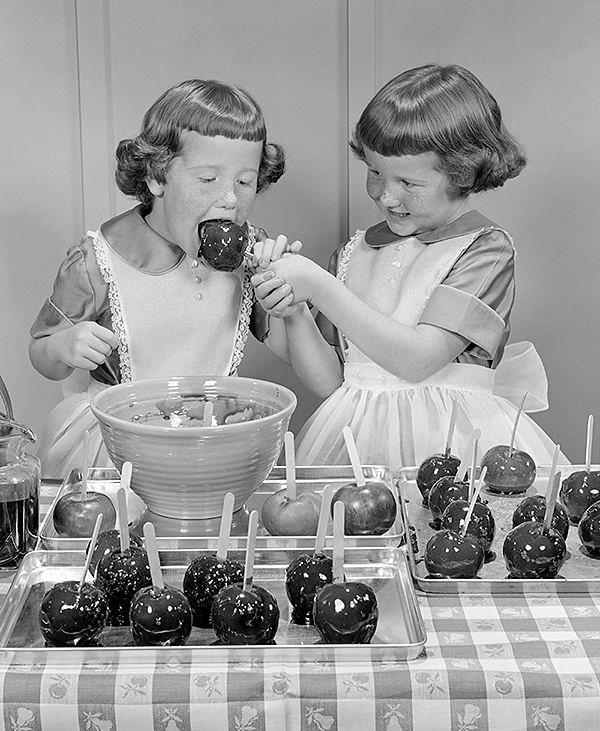Sugar seems like the obvious culprit when kids get overexcited after eating cake, ice cream and who knows how many seasonal sweets.
But ask an expert in how the body metabolizes sugar, and she'll tell you there's no reason chocolate, gingerbread houses and candy canes should cause a high.
"It's a myth," says Elizabeth Rosolowsky, a pediatric endocrinologist in the University of Alberta's Faculty of Medicine & Dentistry.
"Parents may observe more energy in their kids after the kids eat sugar, but it's one of those self-fulfilling notions - a belief that comes true because we are acting like it's true," she says.
More often than not, the child is riding the energy of the activities in which there is frequent sugar consumption, such as a family holiday party, the prospect of a houseful of visitors or the thought of a pile of gifts and sweets waiting to be opened.
"A well-regulated mechanism works in healthy bodies to keep blood sugar levels in a tight range, regardless of whether you are bingeing on sugar or have gone 24 hours without eating," Rosolowsky explains.
"I've seen actual sugar highs, or hyperglycemia, in people who have Type 1 diabetes, and while they do experience changes in behaviour, it's the opposite of ebullient. They get headaches, can't concentrate and don't feel well.
A little sugar isn't bad for us. "In fact, our bodies need some sugar to survive," Rosolowsky says.
The body breaks down carbohydrates into single, simple sugar molecules like glucose, which are the body's first energy source. Insulin, produced by the pancreas, helps transport glucose into our cells.
"In physiologically healthy people, the pancreas is making enough insulin no matter how much you eat, in order to maintain blood glucose levels in a tight range and ensure we don't experience sugar highs or lows," she explains.
We run into problems with sugar when our bodies can no longer make insulin to use the glucose or our bodies don't use the insulin well or are insulin resistant, Rosolowsky says. "Eating sugar itself does not cause diabetes. Extra sugar in excess of what a body needs gets stored as energy reserves, like fat, and over time, this can predispose to other conditions like heart disease and obesity."
Bottom line, come holiday time, sugar highs are as likely to appear as the Ghost of Christmas Past, and moderation is key.
"How a child eats and his or her eating habits are not made or broken in one night," Rosolowsky says. Instead, parents who set regular expectations about moderation and healthy eating can rest easy if their kids enjoy more candy than usual over the holiday season.
A version of this article originally appeared on folio.ca.

We at New Trail welcome your comments. Robust debate and criticism are encouraged, provided it is respectful. We reserve the right to reject comments, images or links that attack ethnicity, nationality, religion, gender or sexual orientation; that include offensive language, threats, spam; are fraudulent or defamatory; infringe on copyright or trademarks; and that just generally aren’t very nice. Discussion is monitored and violation of these guidelines will result in comments being disabled.